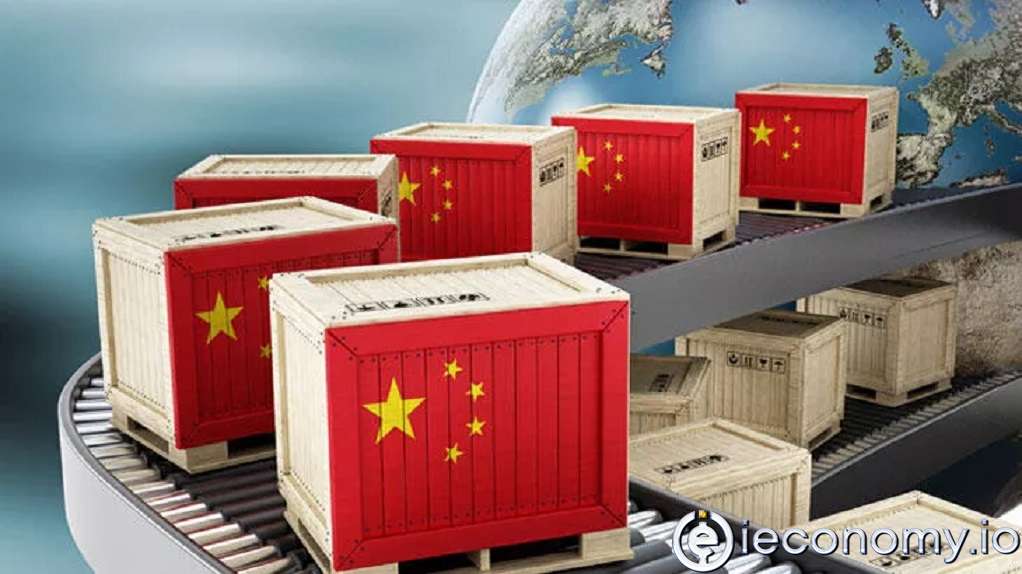Shares of Chinese logistics companies jumped
The prominent theme of the new day in Asian markets was the rapid increase in the shares of Chinese logistics companies...

Yayınlanma: 3 Mart 2022 03:50
Güncellenme: 2 Mart 2026 18:56
The effect of the ongoing geopolitical tensions on Asian indices continues to have a negative impact on pricing.
While US futures pointed to a negative open, albeit limited, decreases were also observed in leading Asian market indices.
The decline in the Japanese Topix index approached 2 percent. The Hong Kong Hang Seng index also fell by 1%. The Chinese Shanghai composite index also saw losses.
Hard selling in Rusal stocks
The shares of Russian aluminum giant Rusal have seen heavy sales since this morning.
The losses, which reached 29 percent shortly after the market opened, were more severe than in previous days. The Moscow-based company, which alone provides 6 percent of its primary aluminum supply, announced that it had to stop its refinery in Ukraine. On the other hand, Western sanctions and battles are getting heavier.
Australia's economy grew by 3.4 percent
The Australian economy grew by 3.4 percent in the fourth quarter of 2021, compared to the previous year, at 4.2 percent year-on-year.
The strict measures implemented in the third quarter due to the virus wave were relaxed in the said period. According to statistics bureau officials, increased savings during the closure showed the effect of accumulated demand with the opening. The increase in household expenditures is remarkable in this respect, with a 6.3 percent expansion.
Meanwhile, Australian indices remain resilient at a time when the global stock markets are battered by increases in agriculture, industry and energy prices.
In the country, which is full of underground resources ranging from coal to gold, from copper to wheat, energy and mining shares act as a driving force. Stocks like Gold Road, Poly Novo, and Ramelius all started the day with gains of more than 5%.
Oil and metal stocks are rallying in other countries as well as in Asia. Inpex was trading at a 6% premium in Tokyo, S-Oil at a 4.5 percent premium in Seoul, and CNOOC at a 5.2 percent premium in Hong Kong as of the morning hours.
Iron ore, aluminum, steel, and metal stocks also drew attention with their lively boards. Rio Tinto was up 4%, Chalco was up 9%, and Osaka Titanium was up more than 7%.
Remarkable movements in Chinese stocks
The sharp decline in Bohai Bank shares has left analysts confused.
The shares of the bank, which is among the small-scale financial institutions of China traded in Hong Kong, saw sales of up to 25 percent today, with losses of 45 percent in the last week. It is thought that the heavy losses that cannot be explained by concrete events or data are based on fears of deterioration on the balance sheet.
The shares of Chinese logistics companies are at a premium
The closure of Russian channels by Maersk and some other Western shipping companies caused a logistics rally in China.
The port of Jinzhou, located in the northern part of China, relatively close to Russia, was stuck at the 10% rise limit on the fourth day. Along with Tianshun Supply Chain operating out of Kazakhstan, Changjiu Logistics, and Zhejiang Dongri were other shares that were stuck in the ceiling.
European-based carriers such as Maersk, MSC, and Hapag-Lloyd stopped Russian services one after another. These companies are among the largest in the world and their share in container transportation is close to 50 percent.




